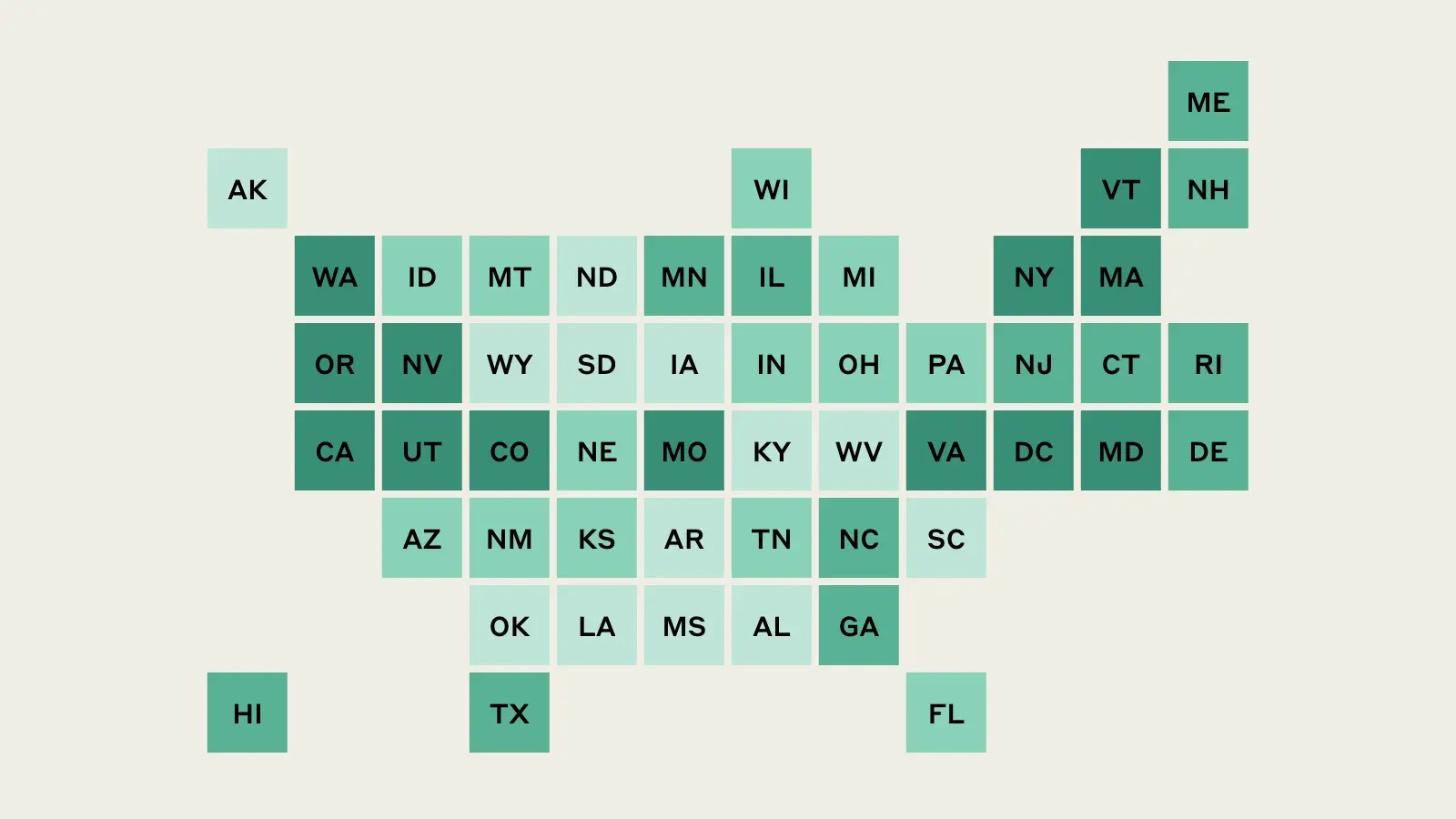Economic Futures
The Anthropic Economic Futures program aims to support research and policy development for addressing the economic impacts of AI. It provides research grants, forums for policy discussion, and evidence on real-world AI use.
Economic Index
Analyzing how Claude is used across the economy.

Latest updates
DateCategoryTitle
- Anthropic Economic Index: New building blocks for understanding AI use
- Anthropic Economic Index report: economic primitives
- Launching the Anthropic Economic Futures Programme in the UK and Europe
- Anthropic Economic Index report: Uneven geographic and enterprise AI adoption
- Anthropic Economic Index: Tracking AI’s role in the US and global economy
- Anthropic Economic Index: AI’s impact on software development
- Anthropic Economic Index: Insights from Claude 3.7 Sonnet
- The Anthropic Economic Index
Announcements
Economic Futures Symposium Proposals
A selection of policy proposals from attendees at our DC Economic Futures Symposium
Read moreIntroducing Anthropic Economic Futures Program
We’re launching the Anthropic Economic Futures program, a multidisciplinary effort that builds upon our existing economic research efforts.
Read morePreserving privacy
The Anthropic Economic Index is made possible by Clio, a system that allows us to analyze conversations with Claude while preserving user privacy.
Read more